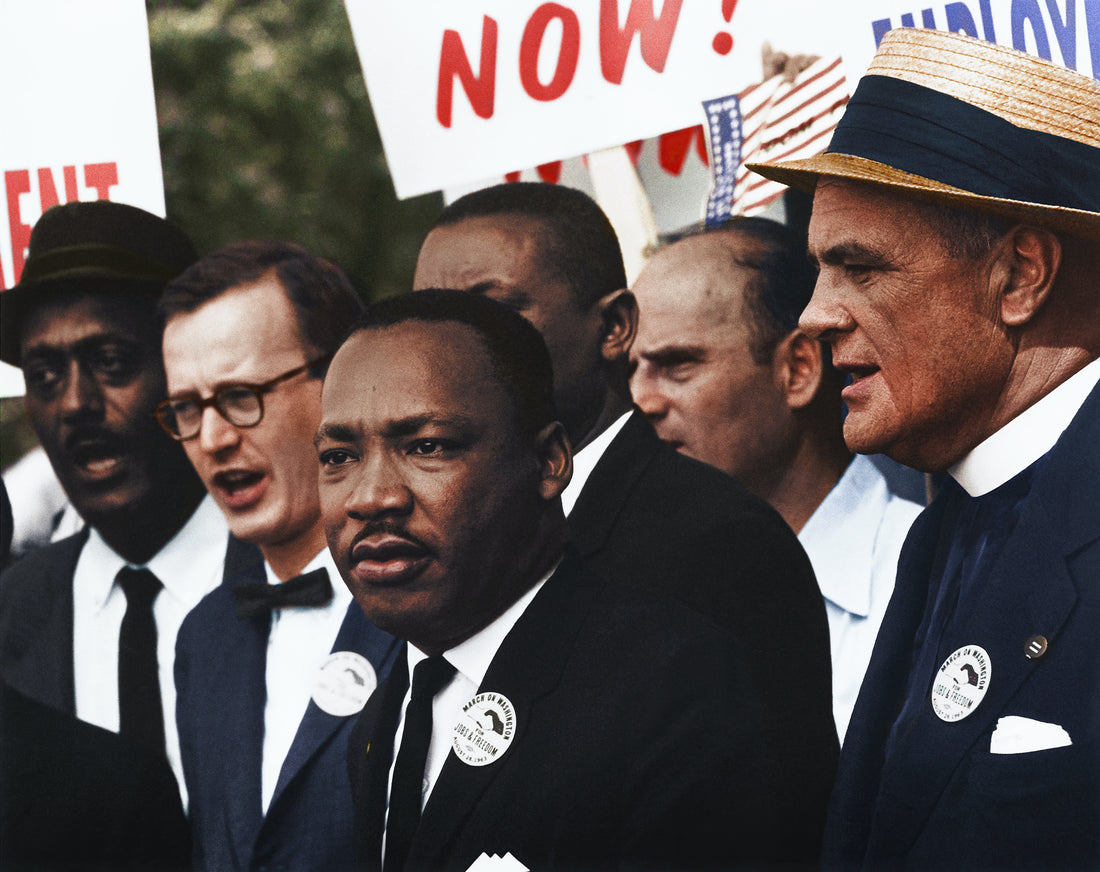
Shining a Light: Arizona's Late Embrace of MLK Day
In today’s climate, it’s hard to imagine a U.S. city or state refusing to celebrate Dr. Martin Luther King Jr. Yet, I don’t have to imagine, because I was born and raised there. It’s a little-known fact that Arizona was the last state to recognize MLK Day as a state holiday.
I vividly remember witnessing this controversy unfold during my formative years in Phoenix. Do you recall the first time you consciously recognized hate and racism in action on a systemic level? For me, it was in 1990 when Arizona denied the observance of MLK Day with a strong 76% majority of voters.
I am grateful to have been born into a progressive family, which meant that there was absolute outrage in my home about the outcome of that ballot measure. I remember my mother shouting in frustration at our television set, newspapers in her hands, and the car stereo on our way to school as reporters, politicians, and even citizens interviewed on the street tried to justify this outcome. She screamed as if they could hear her through the t.v., though it’s not out of the question that they heard her expletives from their swivel chairs in the capital building downtown. She was livid.
It was my mother who taught me to see through lies like “taxpayers can’t afford another holiday” to the racist truths buried underneath. Together we witnessed celebrities like Stevie Wonder and Rev. Jesse Jackson boycott the state of Arizona, canceling appearances and making it clear they wouldn’t return until MLK Day was recognized in the state. Even as a kid, I remember the embarrassment I felt by this stubborn display of racism and bigotry from my state, and at the same time, it was a catalyst for me to dig deeper and better understand this man who my state officials wanted so badly for everyone to ignore. It was the first time I recognized that if people in power want you to look the other way, they’re probably hiding something that is hurting someone.
Arizona voters and politicians effectively indicated that money was more important to them than honoring the most prominent civil rights leader of our time. It wasn’t until the NFL communicated to the state politicians in their language of money that we finally saw change in Arizona. By stripping Pheonix of its rights to host the Super Bowl in 1993, politicians finally changed their tune. Shortly thereafter, a new ballot measure was introduced that was eventually passed, and we became the last state in the U.S. to recognize MLK Day as a holiday, all in the name of money. My mother was once again disgusted that money was the driving factor, not the opportunity to show the Black and Brown constituents that a prominent civil rights leader such as Dr. King was worthy and important enough to honor with a state-recognized holiday. Arizona was still being run and controlled by a bunch of racist old white men who stood for greed, hate, and racism - nothing had changed.

I find myself moved, emotional, and in awe of so many people throughout history who have fought against injustice, yet I’m always especially touched when I learn more about and reflect on the work of Dr. King. And it’s particularly poignant for me considering my lived experience in Arizona in the ‘90s. I hope you’re taking some time on this MLK holiday to reflect on your own experiences (were you alive in the 80s and 90s? Do you remember when MLK Day became a holiday in your state?), seek out the voices of others, especially those directly affected by the systemic racism still entangled in the fabric of our nation, and act in ways that make a positive change in the present day lives of the most marginalized among us.
Fillaree will be closed today so that our staff can all participate in reflection and/or our own acts of service to honor the powerful Dr. King.
Wishing you love and light,
Alyssa Cherry.
